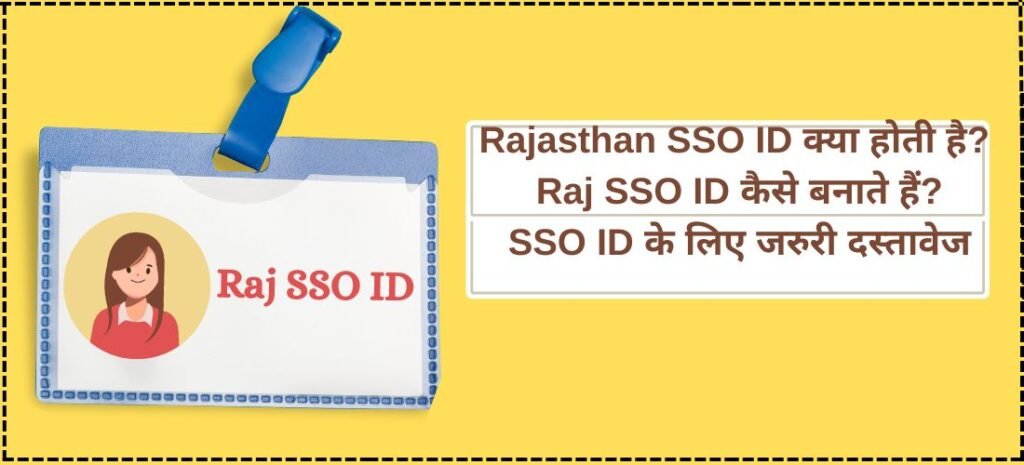Term insurance is the purest and most essential form of life insurance. It offers a high sum assured at a relatively low premium, ensuring that your family remains financially protected even in your absence. But amid the excitement of low premiums and high cover, one critical factor often goes unnoticed: the Claim Settlement Ratio (CSR).
In India, where the economic stability of a family frequently relies on one earning member, it is all the more crucial to select a term insurance policy that will not only assure but also deliver. Let’s know what claim settlement ratio means, and why it must be your first concern while choosing a term insurance plan.
What Is the Claim Settlement Ratio (CSR)?
The Claim Settlement Ratio is the ratio of claims settled by an insurer to the number of claims received during a financial year. Suppose an insurer receives 1,000 claims and settles 980; then its CSR would be 98%.
This information is made public annually by the Insurance Regulatory and Development Authority of India (IRDAI). It’s a strong indication of how dependable an insurance provider is in keeping its commitments.
Why Claim Settlement Ratio Matters
It’s About Trust, Not Just Numbers: At its essence, term insurance is a guarantee and assurance that your family will be protected if you die. A high CSR is evidence that the insurance company has always kept its promises. During a moment of grief, your family would not need to seek out legal troubles or paperwork difficulties. A high claim settlement ratio assures you that your family will not have to face challenges in receiving the claim sum.
Real Protection, Not Just Paper Cover: Many people choose a term plan based on the lowest premium or the highest sum assured. But what’s the use of a high sum assured if your claim is denied when it’s needed the most? A policy is only as good as its execution. That’s why CSR isn’t just a number it’s a reality check on how many families were helped.
Provides a Trouble-Free Experience for Your Loved Ones: Not everyone in India is informed about insurance or financially aware. Under such circumstances, a high CSR suggests that the insurer likely has an easy and seamless claim process, which is highly critical when your mourning family must cope with the insurer.
Implies Good Governance and Ethics: A high claim settlement ratio generally indicates that the firm follows prudent underwriting, maintains proper documentation procedures, and emphasizes customer trust. It indicates that the firm would rather prioritise ethics than mere profits, a significant consideration in selecting any financial instrument.
The Indian Reality: Why CSR Is Even More Important Here
India has one of the world’s lowest insurance penetrations. Though awareness is increasing, insurance continues to be perceived more as an investment instrument than as a protection tool. This has resulted in wrong product purchase or plan selection, with a lack of due diligence.
In this situation, most policyholders or their nominees are rejected on claims on the grounds of misrepresentation, non-disclosure, or procedural lapses. This is where the claim settlement ratio is a differentiator. It serves to distinguish between those insurers who stand by the family and those who use technicalities as cover.
Moreover, Indian families are emotionally dependent during a crisis. A rejected claim not only damages the pocket but also the emotions. Thus, checking the CSR before purchasing a plan is not merely a wise decision, is a thoughtful gesture for your family.
Popular Fallacies regarding Claim Settlement Ratio
Though CSR is an effective measure, most people ignore it or misinterpret it. The following are some myths:
Myth 1: Companies with the same CSRs are equally trustworthy
Not always. You should also consider how the company behaves with huge claims, rather than small-ticket ones. And consistency over the years counts more than a one-year high figure.
Myth 2: A high CSR means my claim will definitely be settled
Even the most reliable insurers can deny a claim in case the policyholder has given incorrect information. CSR is a positive indicator, but policyholders also need to reveal all the details with honesty at the time of purchasing the policy.
Myth 3: CSR alone is the consideration while selecting term insurance
CSR is important, but it must be combined with other factors such as customer service, simplicity in the claim process, online support, affordability of premiums, and brand value.
Selecting the Best Term Insurance Plan
While choosing the best term insurance plan in India, do not have premium as your sole filter. Opt for a plan from an insurer with a high CSR (ideally over 95%), consistently good customer service history, smooth online documentation process, and transparent claim procedures.
Also, assess your requirements: the coverage amount, the policy term, rider options like critical illness or accidental death, and the insurer’s presence in your region. You’re not just buying a policy, you’re building a shield for your loved ones.
Most leading Indian insurers currently, like LIC, HDFC Life, ICICI Prudential, Tata AIA, and Max Life, have very high claim settlement ratios. But the choice cannot be solely based on brand recall. You also need to research the specifics of their claims process, customer grievances, and post-sale service as well.
The Way Forward: Digital Claims and Future Trends
The Indian insurance industry is currently going through a digital revolution. Several insurers today provide paperless onboarding, e-verification, and video-based medical examinations. Some even provide real-time tracking of claims and dedicated claim support managers.
This transition is assisting insurers not just in processing claims at a faster rate but also in minimizing fraud, which, in turn, assists in keeping a robust claim settlement ratio. As a purchaser, you should prefer insurers that adopt technology for improved transparency and efficiency.
Conclusions
The claim settlement ratio is the closest thing to a “trust score” in the world of term insurance makes sure that the company will be there for your family when they need it the most. This is pretty priceless in India’s complex and emotional family structures, where one earning member caters to several dependents.
So, when you venture out to shop for the ideal term insurance plan in India, don’t be fooled by marketing tricks or extremely low premiums. Opt for a policy with a robust claim settlement track record and a transparent, compassionate claims process.
A term plan is not only a money product, it’s your final act of concern and accountability. Make it worth it.


